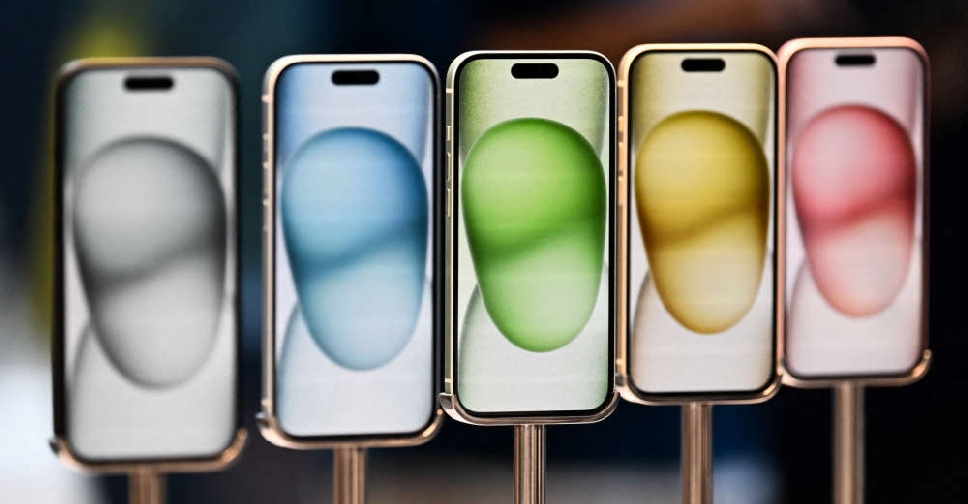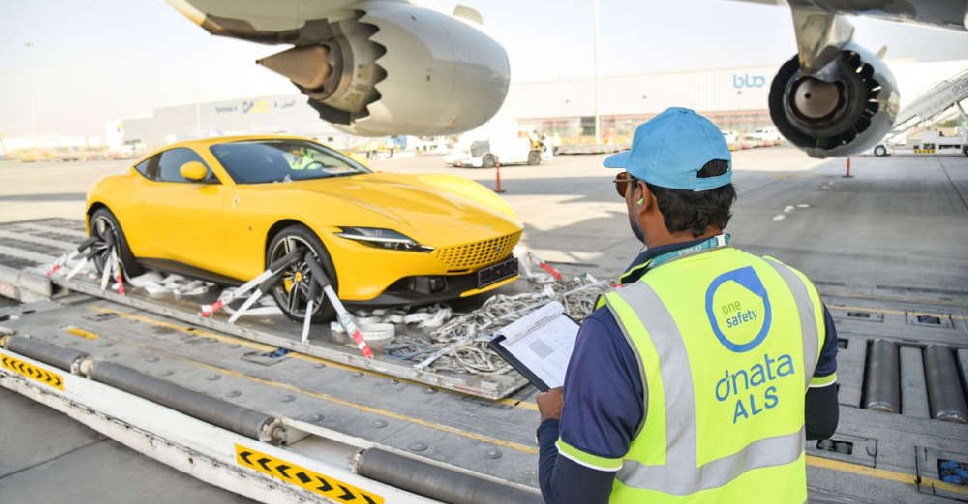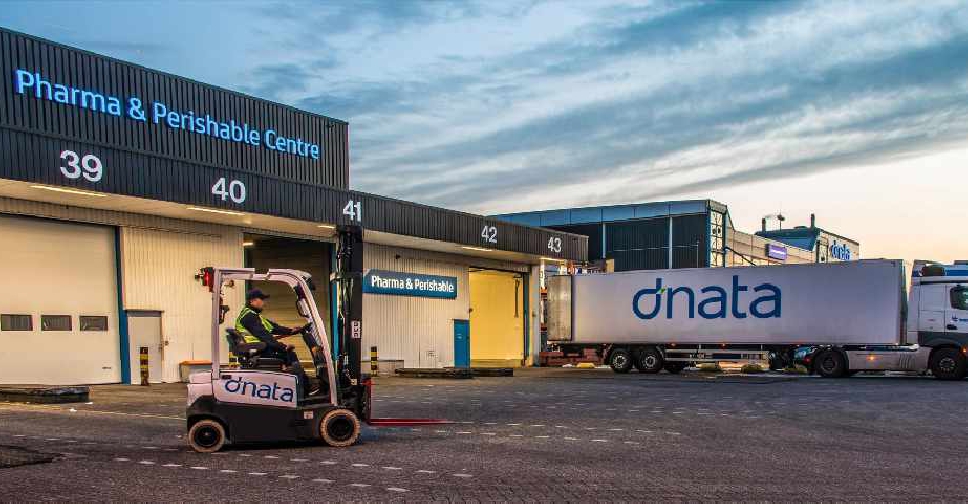
US President Donald Trump said he would be announcing the tariff rate on imported semiconductors over the next week, adding that there would be flexibility with some companies in the sector.
The president's pledge means that the exclusion of smartphones and computers from his reciprocal tariffs on China likely will be short-lived as Trump looks to reset trade in the semiconductor sector.
"We wanted to uncomplicate it from a lot of other companies, because we want to make our chips and semiconductors and other things in our country," Trump told reporters aboard Air Force One as he traveled back to Washington from his estate in West Palm Beach.
Trump declined to say whether some products such as smartphones might still end up being exempted, but added: "You have to show a certain flexibility. Nobody should be so rigid."
Earlier in the day, Trump announced a national security trade probe into the semiconductor sector.
"We are taking a look at Semiconductors and the WHOLE ELECTRONICS SUPPLY CHAIN in the upcoming National Security Tariff Investigations," he posted on social media.
The White House had announced the exclusions from steep reciprocal tariffs on Friday, creating some hope that the tech industry might escape being ensnared in the escalating conflict between the two nations and that everyday consumer products such as phones and laptops would remain affordable.
However, Trump's commerce secretary, Howard Lutnick, earlier on Sunday made clear that critical technology products from China would face separate new duties along with semiconductors within the next two months.
Trump's back-and-forth on tariffs last week triggered the wildest swings on Wall Street since the COVID pandemic of 2020. The benchmark Standard & Poor's 500 index is down more than 10 per cent since Trump took office on January 20.
Lutnick said Trump would enact "a special focus-type of tariff" on smartphones, computers and other electronics products in a month or two, alongside sectoral tariffs targeting semiconductors and pharmaceuticals. The new duties would fall outside Trump's so-called reciprocal tariffs, under which levies on Chinese imports climbed to 125 per cent last week, he said.
"He's saying they're exempt from the reciprocal tariffs, but they're included in the semiconductor tariffs, which are coming in probably a month or two," Lutnick said in an interview on ABC's "This Week," predicting the levies would bring production of those products to the United States.
Beijing increased its own tariffs on US imports to 125 per cent on Friday in response. On Sunday, before Lutnick's comments, China said it was evaluating the impact of the exclusions for the technology products implemented late on Friday.
"The bell on a tiger's neck can only be untied by the person who tied it," China's Ministry of Commerce said.
Billionaire investor Bill Ackman, who endorsed Trump's run for president but who has criticized the tariffs, on Sunday called on him to pause the broad and steep reciprocal tariffs on China for three months, as Trump did for most countries last week.
If Trump paused Chinese tariffs for 90 days and cut them to 10 per cent temporarily, "he would achieve the same objective in causing US businesses to relocate their supply chains from China without the disruption and risk," Ackman wrote on X.



 UAE, Japan boost energy and trade ties during ministerial talks
UAE, Japan boost energy and trade ties during ministerial talks
 dnata handles over 1 million tonnes of cargo in Dubai in one year
dnata handles over 1 million tonnes of cargo in Dubai in one year
 AD Ports Group's Noatum Logistics acquires 152 new long-haul trucks
AD Ports Group's Noatum Logistics acquires 152 new long-haul trucks
 dnata launches three major infrastructure projects worth $110m
dnata launches three major infrastructure projects worth $110m




